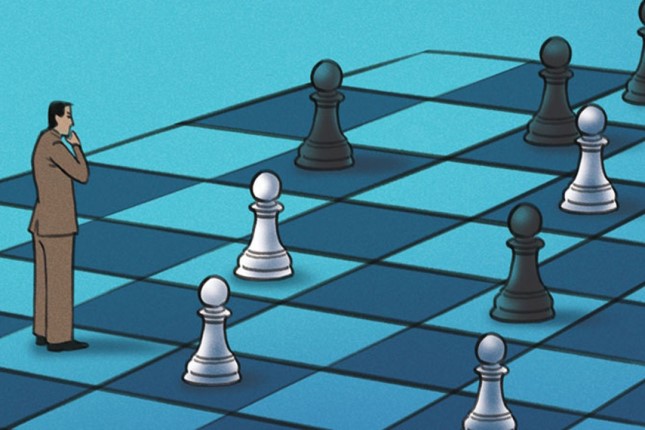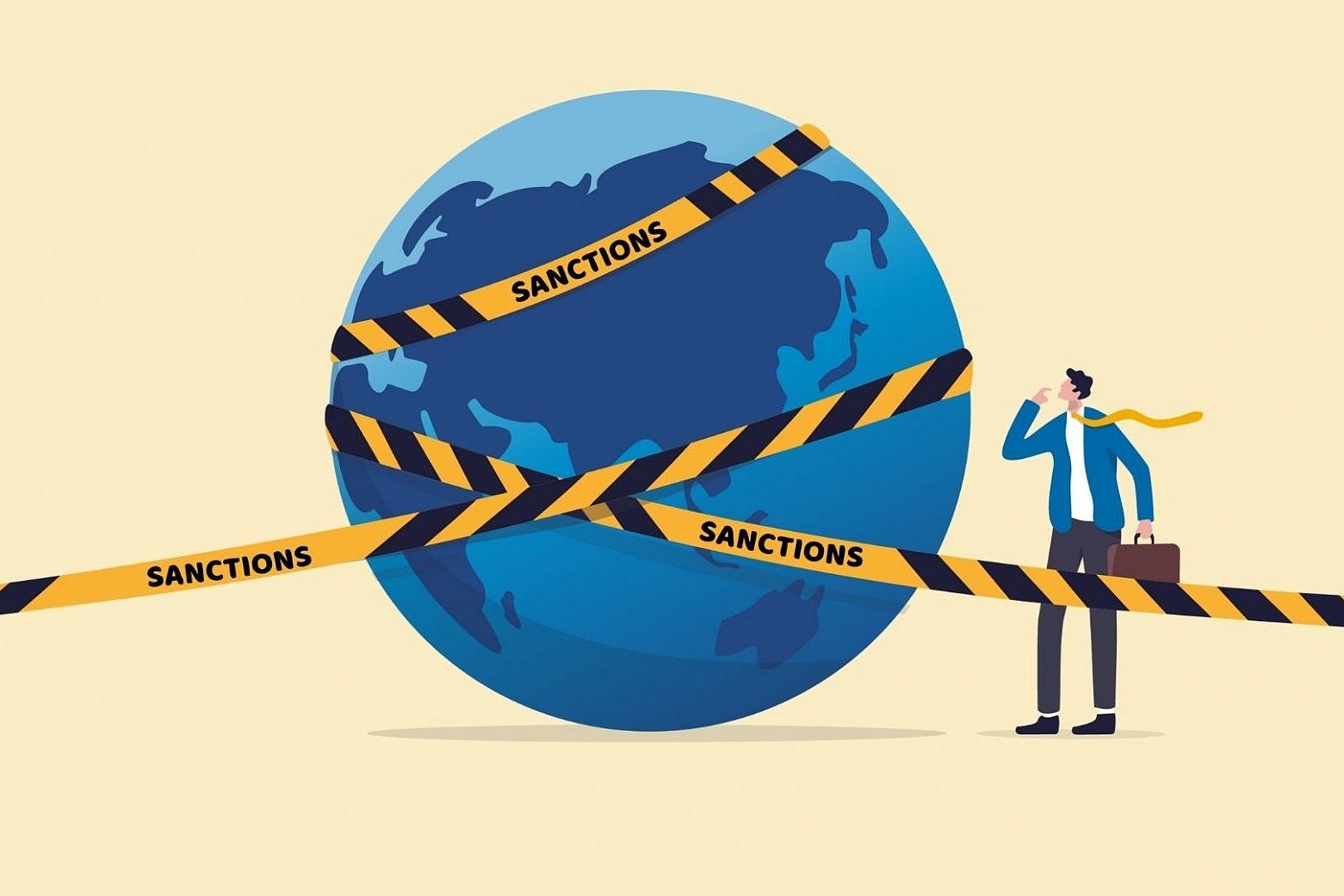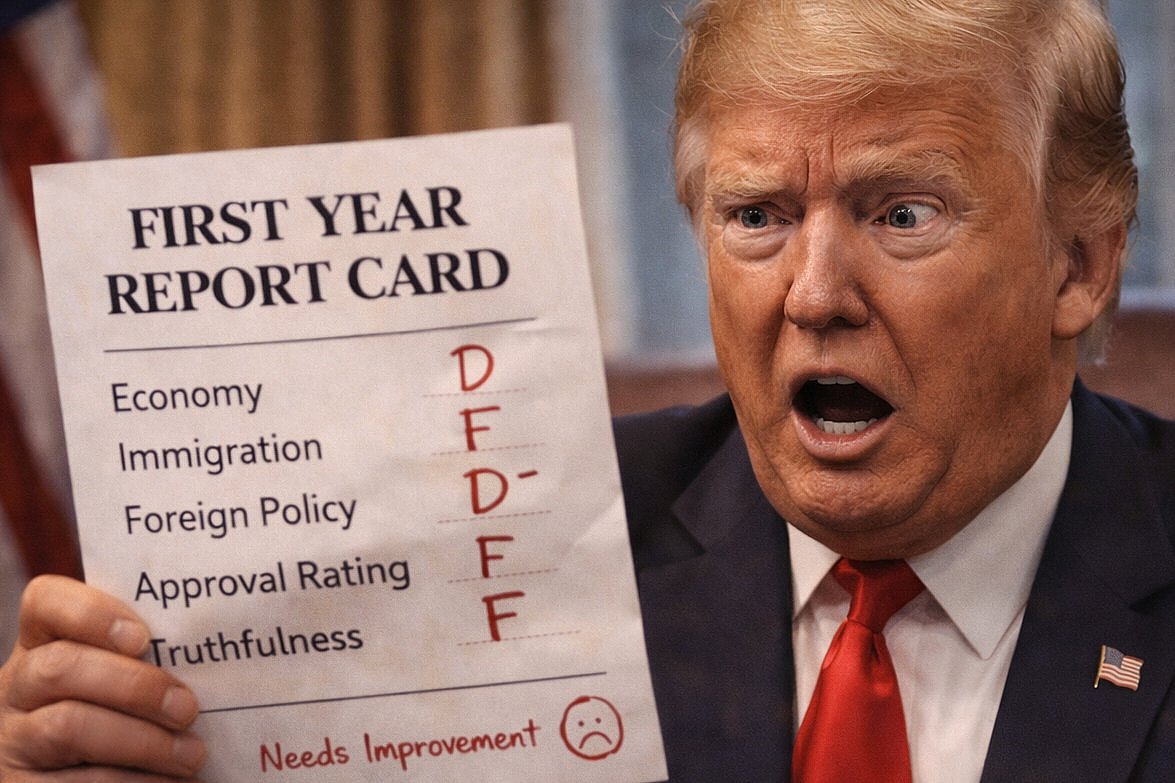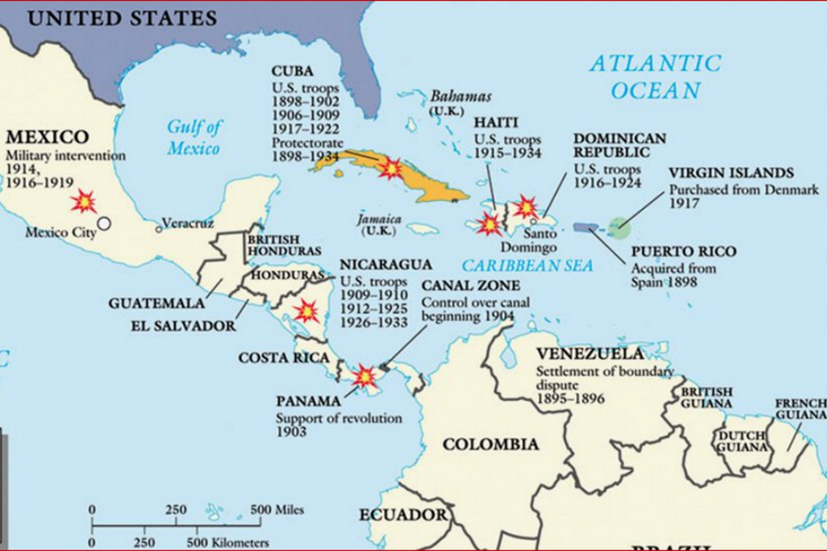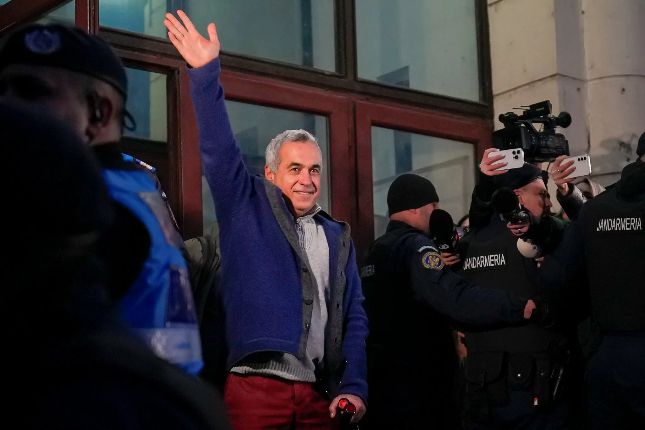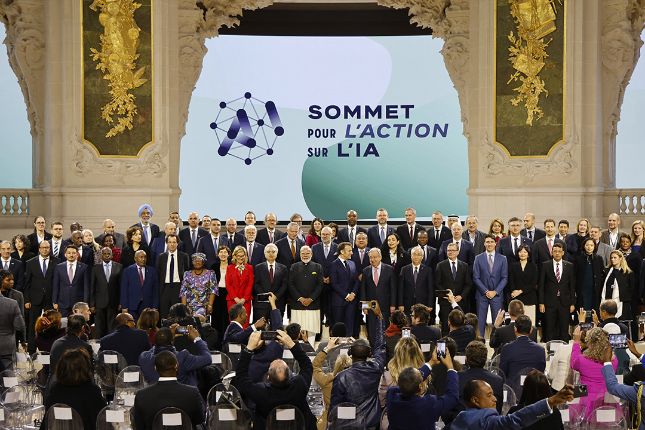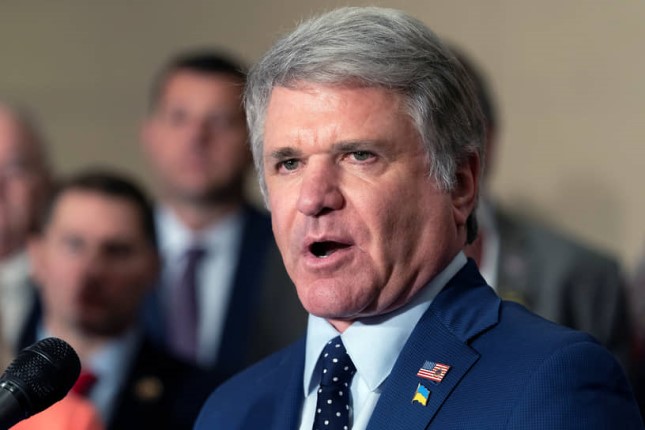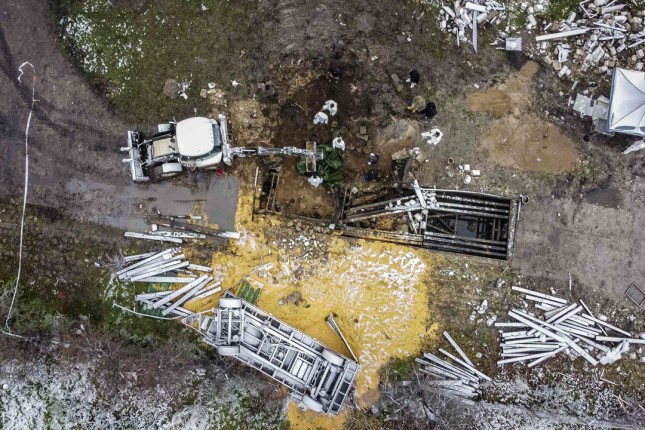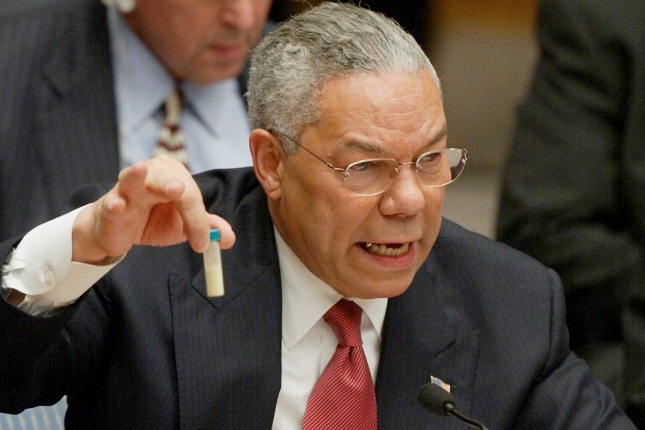Kishida's visit to South Korea is a return visit to Yoon's visit to Japan in March, as both sides seek to restore shuttle diplomacy. Yoon has just concluded a visit to the US where under Washington’s pressure, relations between the US, Japan and South Korea have been continuously improving while maintaining momentum of easing tensions between Japan and South Korea.
Strategically, Tokyo also wants to strengthen trilateral cooperation, especially military security cooperation, to serve its geopolitical objectives, namely, containing North Korea and restraining China and Russia.
Furthermore, the G7 Hiroshima summit is scheduled to be held in May. As a home diplomacy, Kishida has been attempting to stoke momentum. As a result, he hopes to constantly demonstrate Japan's diplomatic presence and highlight Japan's status as a major power, expanding its diplomatic influence.
US President Joe Biden, Kishida and Yoon will attend the G7 summit, and there may even be a US-Japan-South Korea summit. However, the structural conflicts between South Korea and Japan have not been resolved, making it difficult to truly realize the US-Japan-South Korea alliance.
Some issues have continued to simmer following Yoon's visit to Japan. Apart from the compensation plan that has sparked opposition among the South Korean people, South Korea has lodged a protest with Japan over descriptions in new Japanese elementary school textbooks, but Japan has ignored the requests. Additionally, Japan is planning to dump nuclear-contaminated wastewater into the ocean, which has caused concerns among South Korean people. These issues are long-term and structural.
It is almost impossible to form a trilateral alliance among the US, Japan and South Korea in the short term. If a military security alliance were to be formed, there would need to be a common goal and recognition of common threats, but the three parties are not consistent on this point.
For the US and Japan, they have three common targets to focus on: Russia, China and North Korea. On the other hand, they want to maintain their dominant position in the Western Pacific, which is not the case for South Korea. For South Korea, its primary threat is North Korea. China and Russia do not directly pose a threat to Seoul. On the contrary, South Korea's geopolitical situation determines that it cannot do without the support and cooperation of China and Russia in many issues.
However, in terms of security strategy, the US and Japan want to bring South Korea into their own camp to confront China. Japan has given South Korea some benefits: First, Japan has put South Korea back on its "white list" of trusted trading partners; second, Japan has invited Yoon to attend the G7 Summit; third, Kishida is planning to visit South Korea.
During this visit, Kishida is likely to discuss two issues assigned by the US: One is to stabilize semiconductor supply chains; the other is to deepen defense cooperation. It can be said that if South Korea regards China as a political, economic and security competitor, by taking the side of the US and Japan, it will only degrade its own position in Asia.
Currently, the Yoon administration is following the policy of the Kishida administration. This has led to the "Americanization" of Japanese policy and the "Japanization" of South Korean policy, which create imbalance and uncertainty to the regional landscape.
To seek a convenient alliance with the US and Japan, Yoon even said in an interview with The Washington Post on April 22 that he cannot accept the notion that Japan "must kneel because of our history 100 years ago." Such remarks not only hurt the feelings of the people of Asia, but also create challenges for the situation across the region.
Once their cooperation expands further, targeting China and Russia, or even beyond the peninsula, it will not only break the current balance of power, but China and Russia will take corresponding precautions, and even countermeasures. The first to bear the brunt will not be the US and Japan, but South Korea, which is sandwiched between major powers and will become even more passive.
Yoon claims he hopes to make South Korea a "global hub," but some of his choices and actions will only help Japan achieve its ambition of becoming an "East Asian hub" and an "Asian power." The US' support for Japan is far greater than for South Korea. Hopefully, South Korea will sober up from its current fervor after encountering some setbacks.
Source: The Global Times.
